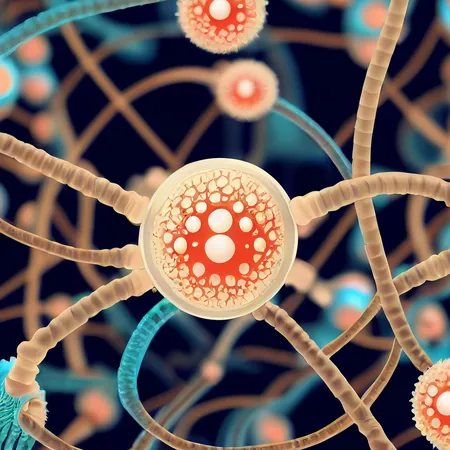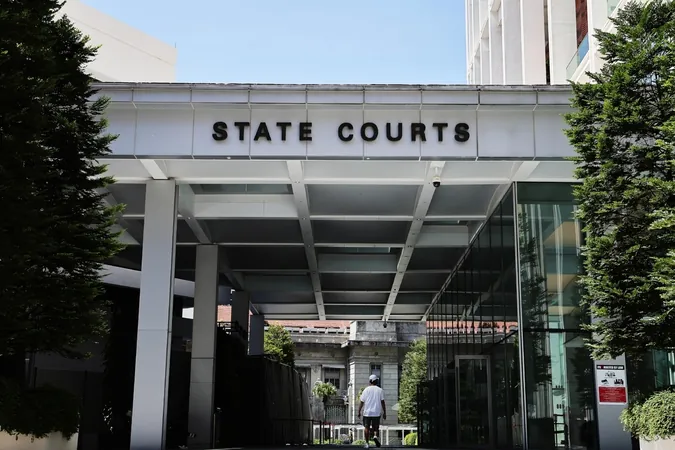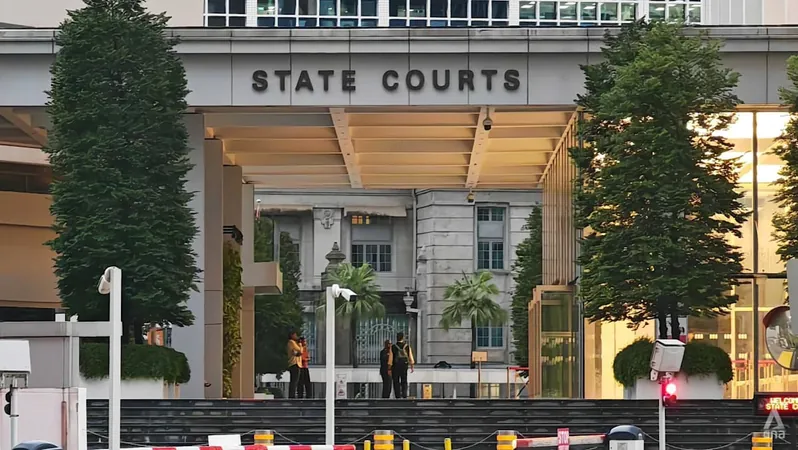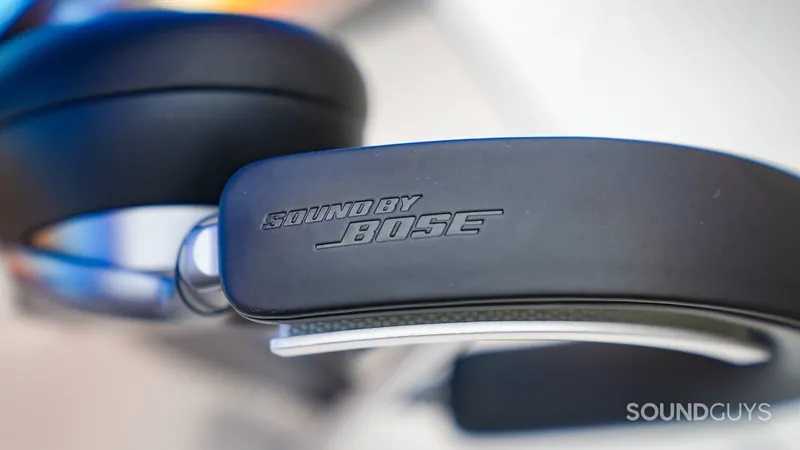
Breakthrough Stem Cell Therapy Sparks Brain Cell Regrowth and Recovery Post-Stroke in Mice
2025-09-16
Author: Jia
Stroke, a leading cause of death and disability worldwide, demands swift action. Most strokes are ischemic, stemming from blocked blood flow in the brain, requiring immediate treatment—ideally within four and a half hours of symptoms appearing. But what if we could extend that critical window for recovery?
In a groundbreaking study co-developed by researchers at the Keck School of Medicine of USC and institutions in Switzerland, scientists have unveiled an innovative stem cell therapy that holds promise for repairing damaged brain tissue after strokes. Published in the journal Nature Communications, the research demonstrates that administering stem cells a week post-ischemic stroke triggers significant recovery in mice.
A Ray of Hope for Stroke Patients
According to Dr. Ruslan Rust, one of the lead authors, this discovery could be transformative for the many patients unable to receive acute treatments, as their blood vessels remain blocked. "If we can bring this treatment to the clinic in the future, it may assist those with longstanding symptoms or extensive strokes to achieve recovery," he explained.
Transforming Blood Cells Into Neural Helpers
The research team ingeniously reprogrammed human blood cells into neural stem cells, which were then transplanted into the brain tissue of stroke-affected mice. Five weeks later, the results were telling: the transplanted mice exhibited marked recovery compared to their untreated counterparts. Their brains showed reduced inflammation, enhanced neuron and blood vessel growth, and improved neuron connectivity.
Advanced Tracking Reveals Remarkable Recovery
To accurately assess recovery, researchers employed artificial intelligence to meticulously analyze the mice's limb movements during various physical tasks. The treated mice regained their fine motor skills and showed a remarkable improvement in gait by the study's conclusion, outperforming those that underwent a sham surgery.
Insights from New Brain Cells: The GABA Connection
Curiously, the study revealed a 50% decline in GABA-secreting neurons post-stroke, which are crucial for moderating brain activity and have been linked to stroke recovery. The investigation showed most transplanted stem cells evolved into these GABAergic neurons, hinting that the stroke-affected brain environment might influence stem cell differentiation.
Moreover, the transplanted cells interacted dynamically with existing brain cells, activating various signaling pathways known to support neuronal regeneration and connectivity.
A New Frontier for Stroke Therapy
Dr. Rust emphasized the importance of understanding these mechanisms: "By grasping how these processes work, we can explore the potential to adapt existing clinically approved drugs to enhance therapies for stroke recovery." The team is continuing to explore methods to boost activity in the identified pathways while studying longer-term outcomes of the stem cell transplants.
"Our ultimate goal is to ensure that these stem cells provide lifelong support to human stroke patients," Rust asserted. The quest for extending recovery and improving quality of life for stroke victims has never seemed more promising.






 Brasil (PT)
Brasil (PT)
 Canada (EN)
Canada (EN)
 Chile (ES)
Chile (ES)
 Česko (CS)
Česko (CS)
 대한민국 (KO)
대한민국 (KO)
 España (ES)
España (ES)
 France (FR)
France (FR)
 Hong Kong (EN)
Hong Kong (EN)
 Italia (IT)
Italia (IT)
 日本 (JA)
日本 (JA)
 Magyarország (HU)
Magyarország (HU)
 Norge (NO)
Norge (NO)
 Polska (PL)
Polska (PL)
 Schweiz (DE)
Schweiz (DE)
 Singapore (EN)
Singapore (EN)
 Sverige (SV)
Sverige (SV)
 Suomi (FI)
Suomi (FI)
 Türkiye (TR)
Türkiye (TR)
 الإمارات العربية المتحدة (AR)
الإمارات العربية المتحدة (AR)